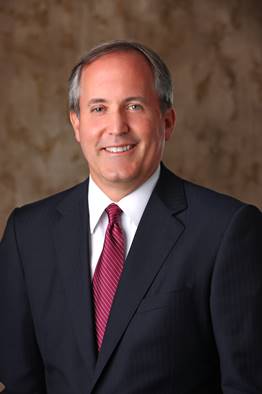At the Texas Capitol, the debate over how best to serve Texas students has taken center stage during the current session of the Texas Legislature.
What is not debatable, however, is the constitutionality of Education Savings Accounts, or ESAs, which would empower Texas families to choose the best schools for their children.
ESAs will allow Texas parents to use state funds to pay for the school that addresses the unique needs and desires of their child—whether that is another school district, a charter school, a private school, or a parochial school.
Those who have concerns about the constitutionality of such a program need look no further than the Free Exercise Clause of the First Amendment to the U.S. Constitution (which prevents the government from prohibiting the free exercise of religion) and the numerous U.S. Supreme Court cases that have upheld similar programs in other states.
Take, for example, a Missouri program that offered grants to nonprofit organizations to install playground surfaces made from recycled rubber tires. The Missouri Department of Natural Resources denied participation in this program to Trinity Lutheran Church Child Learning Center solely because it was a church-operated school. In 2017, the U.S. Supreme Court found that such a prohibition for religious institutions “expressly discriminates against otherwise eligible recipients by disqualifying them from a public benefit solely because of their religious character.”
In 2020, the Supreme Court found that a policy in Montana that excluded religious schools from a program providing tax credits to scholarship donors enabling students to attend private schools violated the Free Exercise Clause, as it specifically targeted religious schools, but not secular private schools. The Court affirmed that a state’s interest in achieving a greater separation of church and state than is guaranteed by the First Amendment “cannot qualify as compelling in the face of the infringement of free exercise [of religion].”
And just last year in Maine, the Supreme Court held that a tuition assistance program for parents that excluded religious schools solely because of their religious character “effectively penalizes the free exercise of religion.”
Simply put, any interpretation of Texas law that would prevent otherwise available public funds from being used solely because of an individual’s choice of religious affiliation would violate the Free Exercise Clause of the First Amendment to the U.S. Constitution.
Furthermore, the Supreme Court has never held that religious institutions are prevented from participating in publicly sponsored social welfare programs due to the First Amendment’s prohibition on the establishment of religion. The Court has noted that if a church were prevented from benefiting from public programs, it “could not be protected by the police and fire departments, or have its public sidewalk kept in repair.”
In fact, in 2002 the U.S. Supreme Court examined this very issue, finding that a state benefit program designed to help children in Cleveland, Ohio’s public school system by providing tuition and tutorial aid for students to attend public or private schools—including those with religious affiliations—did not violate the Establishment Clause of the First Amendment. So long as the program “is neutral with respect to religion” and provides assistance directly to a broad class of citizens “who, in turn, direct government aid to religious schools wholly as a result of their own genuine and independent private choice,” such a program would not violate the U.S. Constitution.
Finally, the Texas Constitutional provision that the Legislature establish and “make suitable provision for the support and maintenance of an efficient system of public free schools” does not prevent the Legislature from enacting additional educational initiatives independent of a public school system.
Texas parents should have the right to choose the best school for their kids, and every Texas child deserves the opportunity to attend a good, safe school where they can learn and thrive.
It’s time to empower Texas parents and provide additional educational opportunities so every Texas child can reach their dreams.
Ken Paxton is the Texas Attorney General.




